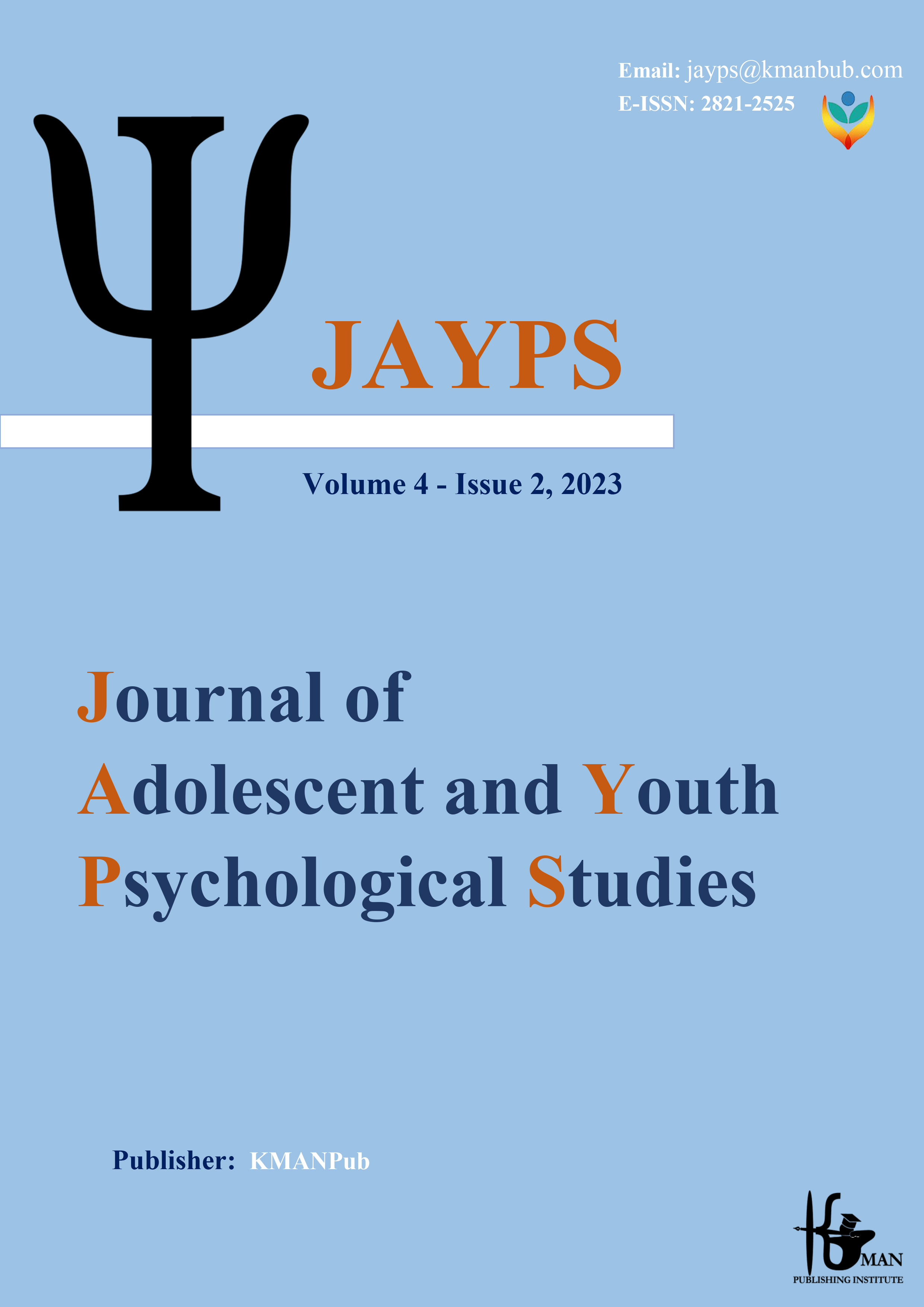The Effect of Personality Traits on Cheating Behavior with the Mediating Role of Goal Orientation (Case Study: Azad University Students, North Tehran Branch)
Keywords:
Personality Traits, Cheating Behavior, Goal OrientationAbstract
Background and Aim: This research was conducted with the aim of investigating the effect of personality traits on cheating behavior with the mediating role of goal orientation. Methods: The research method was descriptive-correlational in terms of the applied purpose, and quantitative in terms of data type. The statistical population of the research was the psychology students of the Islamic Azad University, North Tehran branch, and 217 people were selected as the sample size by using the calculation of the sample size in structural equations and the quota non-random sampling method. In order to collect data, the standard questionnaires of Wendy Will and McGregor's goal orientation (2001), Hexaco's personality dimensions questionnaire (2004) and Yazdani's academic cheating questionnaire (2016) were used. In this research, in order to calculate validity, content and construct validity were used, and in order to calculate reliability, Cronbach's alpha coefficient and composite reliability coefficient were used, and the results indicated the validity and reliability of the research questionnaires. Data analysis was carried out in two sections of descriptive statistics (mean, standard deviation, etc.) and inferential (structural equation modeling) through Spss-21 and LISREL-v8.80 software. Results: The findings showed that personality traits include honesty-humility (0.66), excitability (0.60), extroversion (0.51), agreeableness (0.46), conscientiousness (0.42) and openness to experience (0.63) on goal orientation; Personality traits include honesty-humility (0.58), excitability (0.66), extroversion (0.63), pleasantness (0.55), conscientiousness (0.66) and openness to experience (49. 0) has an effect on cheating behavior and goal orientation (0.50) on cheating behavior; Also, the influence of personality traits including honesty-humility, excitability, extroversion, pleasantness, conscientiousness and openness to experience on cheating behavior through goal orientation, respectively 0.91, 0.96, 0.88, 0.78, 0.87 and 0.80. Conclusion: Finally, the findings showed that the research model has a good fit.
Downloads
Published
Submitted
Revised
Accepted
Issue
Section
License

This work is licensed under a Creative Commons Attribution-NonCommercial 4.0 International License.









